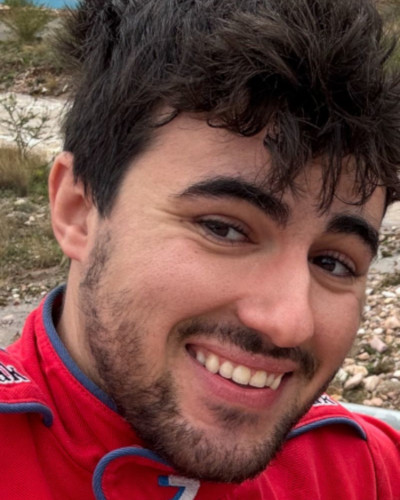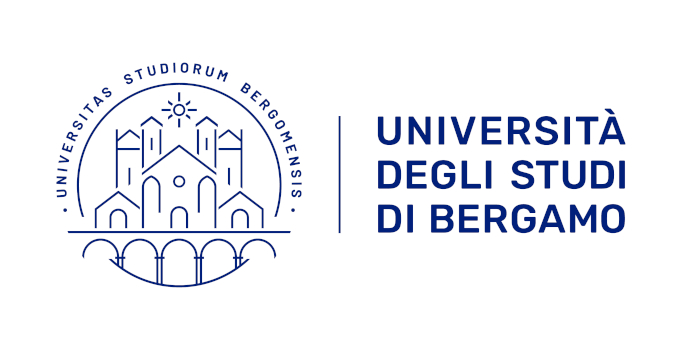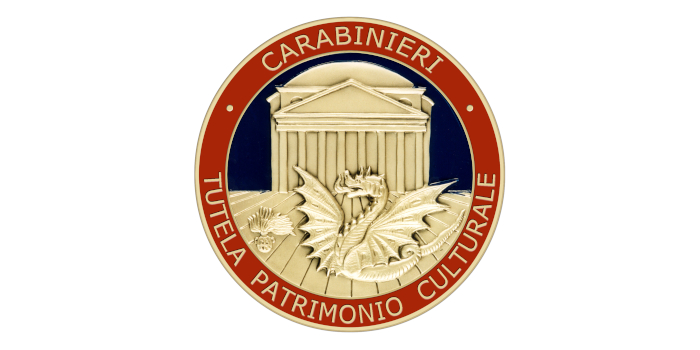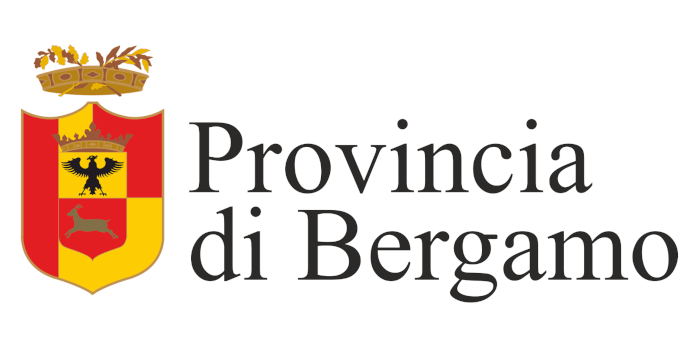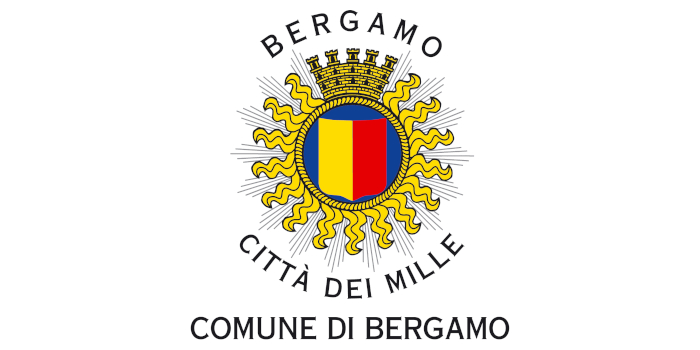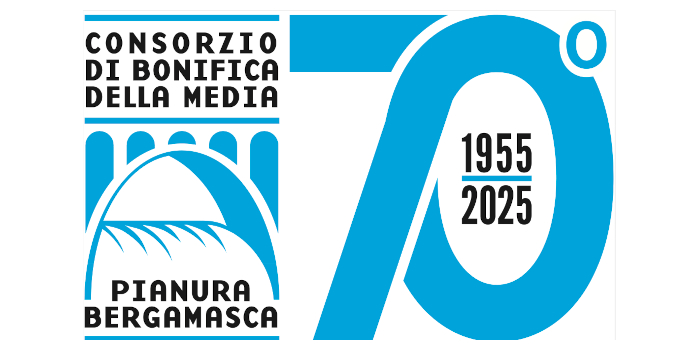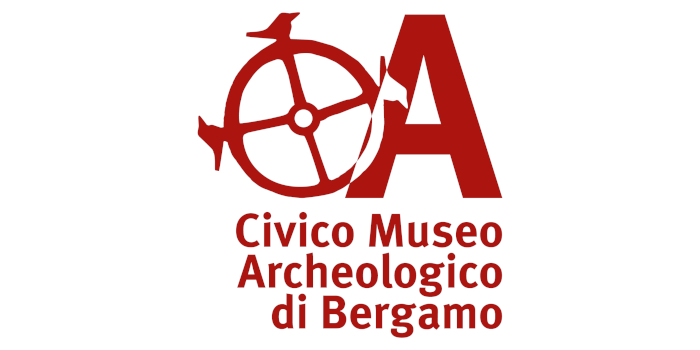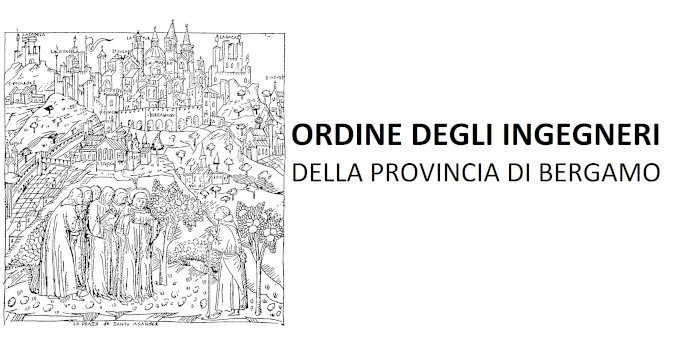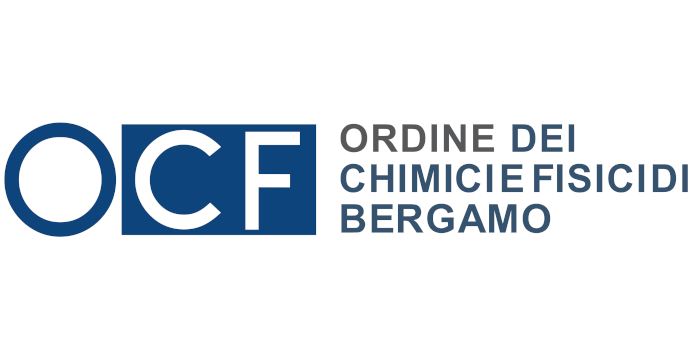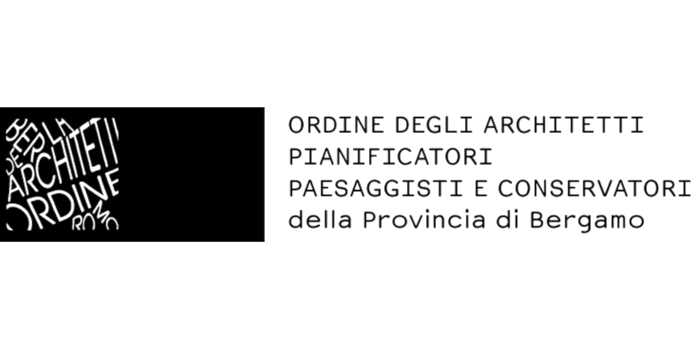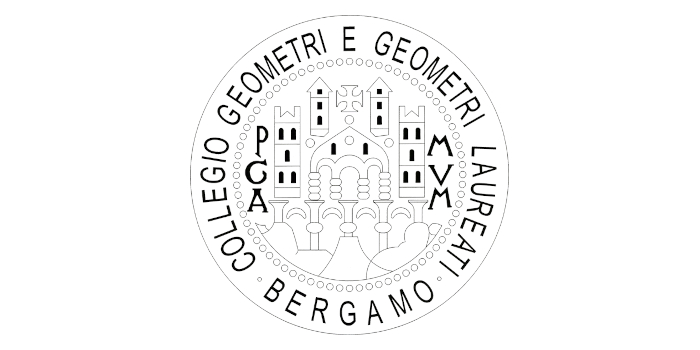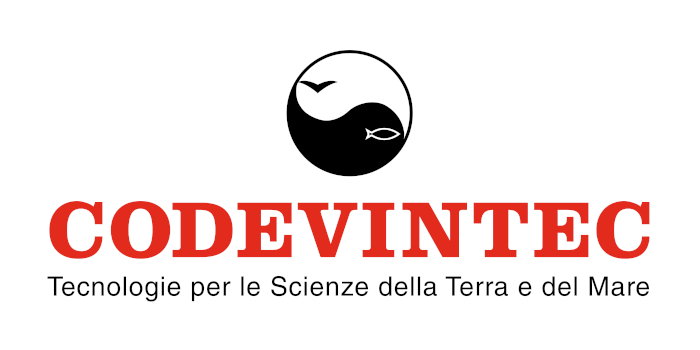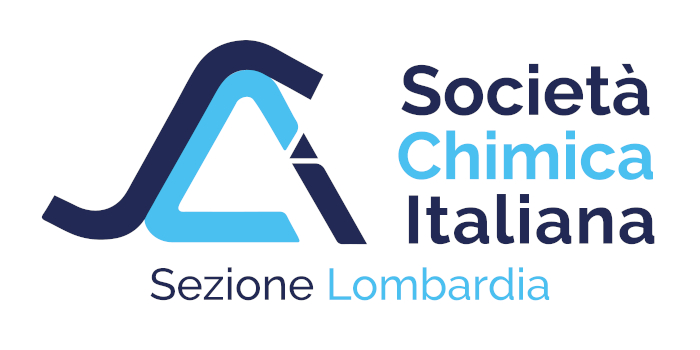SPECIAL SESSION #14
Advances and innovation in ancient building materials studies: interfacing Archaeology, Science, and Technology
ORGANIZED BY
Mirco Ramacciotti
Dep. of Prehistory, Archaeology and Ancient History (University of Valencia)
Gianni Gallello
Dep. of Prehistory, Archaeology and Ancient History (University of Valencia)
Iván Fumadó Ortega
Dep. of Prehistory, Archaeology and Ancient History (University of Valencia)
Manel Górriz i Villar
Dep. of Prehistory, Archaeology and Ancient History (University of Valencia)
ABSTRACT
Ancient building studies involve researchers from different fields of knowledge including archaeologists, conservators and natural scientists. In the last decades, significant efforts have been made to develop new approaches to characterise the different materials belonging to architectural and cultural heritage.
The present session aims to join together scholars from diverse backgrounds to discuss about innovative strategies to integrate methods from multiple fields in order to tackle common challenges, such as understanding, conserving and valorising monumental and archaeological complexes.
TOPICS
This Special Session aims to promote the interplay between the researchers of the scientific community by presenting and discussing experiences and research contributions on the following topics:
- Case studies integrating data from the archaeology of construction and archaeometric methods for shedding light on building phases of historical complexes.
- Non-invasive in-situ strategies for the characterisation of building materials.
- Imaging-based solutions for the study and decay monitoring of standing structures including multi- and hyperspectral cameras, as well as alternative low-cost devices like digital cameras and smartphones.
- Archaeometric and archaeological approaches for raw materials sampling and quarry study.
- Open data, libraries and informatic tools for mapping and identifying building raw materials.
- Analysis of caves, rock-cut architecture and earthen structures.
ABOUT THE ORGANIZERS
Mirco Ramacciotti obtained a PhD at the University of Valencia in 2022 on the characterisation lithic and lithoid materials through archaeometric methods to answer questions like raw materials provenance, construction history in archaeological complexes and identification of archaeological materials. His research embraces diverse type of artefacts such as lithic tools, building materials like mortars and stone ashlars, and pottery by the means of spectroscopy and spectrometry, as well as the development of non-invasive alternative approaches including digital image colorimetry. Currently, he his postdoctoral researcher at the Dep. of Prehistory, Archaeology and Ancient History of the University of Valencia and he is carrying out a visiting period with Archéosciences Bordeaux (UMR 6034).
Gianni Gallello was awarded his PhD in 2014 by the University of Valencia (Spain). During the last 10 years his research activity has been focused on the chemical analysis of different archaeological materials, testing new methodological approaches to overcome some of the most significant problems facing the archaeological community in the sphere of ancient human activity fingerprinted in the soil, post-mortem bone contaminations, lithic material origins, the raw material origins of mortar, provenance of ceramics and identification of organic materials in ancient objects. Gallello has been a Marie Curie Research Fellow (2016-2018) at the University of York (UK) with the MATRIX project funded by the European Commission (Horizon 2020), aiming to establish a new interdisciplinary approach for the identification of anthropogenic deposits in archaeological excavations through the analysis of REE in soil. In 2014 Gianni founded ArchaeChemis (www.uv.es/archaechemis), a chemical analysis unit for research and technology transfer for groups and non-academic organizations dedicated to the study of the past. Today Gianni is a distinguished researcher at the Department of Prehistory, Archeology and Ancient History of the University of Valencia and Associate Editor for Heliyon, an all-science open access journal that is part of the Cell Press family (Elsevier).
Iván Fumadó Ortega graduated in History (2002) and got a PhD in Archaeology (2009) by the University of Valencia with a Doctoral Thesis on the urban morphology of the ancient city of Carthage (Tunisia) between the 8th and 2nd centuries BC. He has enjoyed postdoctoral research contracts at the German Archaeological Institute in Berlin (2011-2013) and at the Maison méditerranéenne des sciences de l'homme d'Aix-en-provence of the CNRS (2015-2016). Since 2018 he is a researcher of the University of Valencia thanks to a Ramon y Cajal grant by the Spanish Ministry of Science and Innovation. He is currently leading a Research Project on the territorial bases of the Carthaginian urban phenomenon and the exploitation of the natural resources of the landscape surrounding the ancient city of Carthage (Tunisia), both in Punic and Roman times in close collaboration with the Tunisian National Institute of Heritage.
Manel Górriz I Villar is PhD candidate at the University of Valencia and is currently carrying out a thesis on architectural and archaeological heritage. His research deals with the characterisation of monumental and archaeological complexes by an interdisciplinary perspective which comprehends both an approach based on standing structures Archaeology and the archaeometric characterisation of building materials to answer to questions linked to chronology of construction phases and raw materials provenance.


.jpg)


